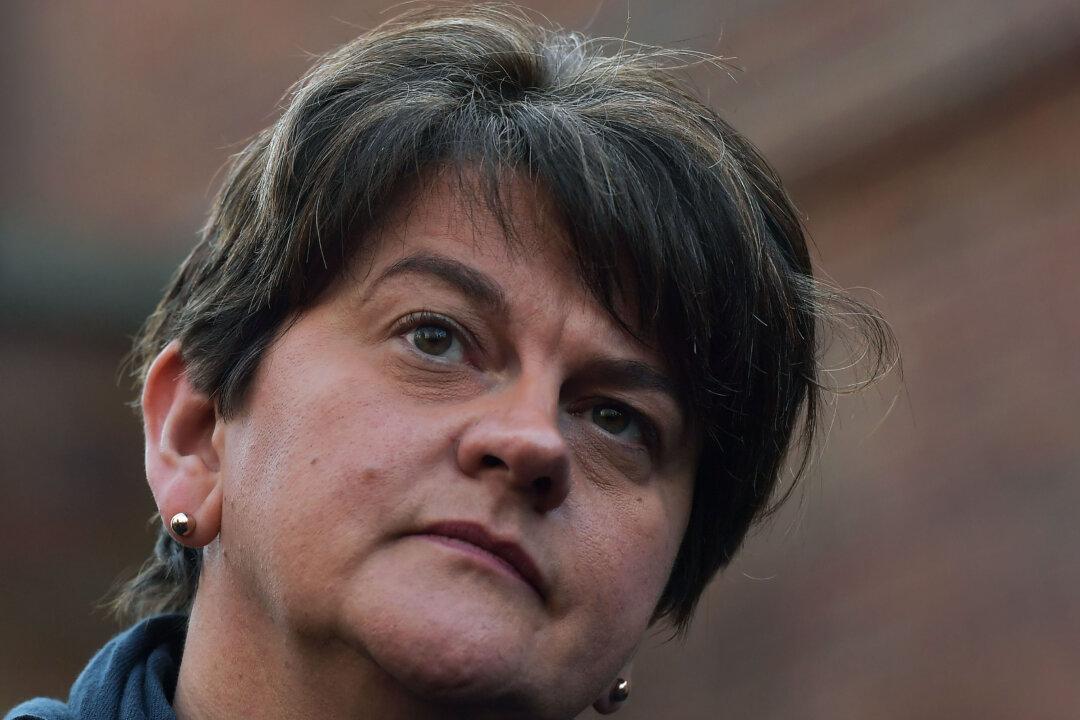Schools in Northern Ireland will close for two weeks from Monday, Oct. 19 and new restrictions for hospitality venues will apply for four weeks from Friday Oct. 16 in the country’s renewed effort to slow the spread of the CCP virus.
The new measures announced in the Irish Assembly by First Minister Arlene Foster on Wednesday, follow three new CCP virus-related deaths reported in the country on Tuesday and a rise in hospitalisations.





